Sore Testicle: 10 Possible Causes You Should Never Ignore
Sore testicle is not always caused by testicle issues. It is, at times, caused by health problems of nearby areas like abdomen and groin. But this doesn’t mean that there’s nothing to worry about.
If you are experiencing pain in your testicles, then here are some of the causes you should address immediately.
10. Urinary Tract Infection (UTI)
The male genital and urinary tracts are very close to each other. An untreated infection in your urinary tract may damage nearby regions, including your testicle. Symptoms may include fever and color changes in the semen. Drink plenty of water and citrus juices to deal with UTI.
9. Inguinal Hernia
Indirect inguinal hernia causes testicular pain near the region where your body meets your thighs. It’s a bulge made of fatty tissue squeezing in a specific area. Indirect hernia goes to the region where your testicles formed during fetal stage, causing pain in your scrotum. You can undergo surgery such as Laparoscopy and open repair to fix hernia.
8. Diabetic Neuropathy
Diabetes causes disorders to the body’s group of nerves, resulting to severe damage in primary functions. Symptoms may include pain in different areas, including the genitals. You can address this by bringing your glucose level to the normal range. This will prevent additional damage to your nerves.
7. Testicular Cancer
The chance of testicular pain caused by a cancer is extremely low. However, it’s still possible for a growing tumor to cause it. Seeking medical assistance of a physician can confirm testicle pain due to cancer tumor. Initial treatments include testicle incision or tumor removal to prevent further growth.
6. Vasectomy
Some men who undergone vasectomy (a form of birth control) experience a long-term sore testicle after their operation. This can occur immediately, few years after, or months after vasectomy. The pain is due to the scarred nerve of your testicles. Recommended treatments may include repair surgery.
5. Testicular Torsion
Torsion refers to the twisting of your testicles, leading to pain caused by the lack of blood supply. If not treated within 6 hours, it leads to testicle’s death or size reduction. Although rare, this condition usually affect newborn babies and older men. The best treatment is testicular de-torsion (untwisting the nerve) to allow smooth blood flow again.
4. Varicocele
Varicocele causes the testicle to shrink. It refers to the vein enlargement in your scrotum. It’s easy to diagnose and it usually doesn’t need any treatment. However, severe cases require surgery to repair and prevent damage.
3. Scrotal Hematoma
Hematoma (a.k.a. Hematocele) is usually a result of a low blow, causing the blood to accumulate between your scrotum’s protective layers. Vasectomy has a chance to cause hematoma as well. Common symptoms include swelling, bruising, and pelvic pain. Treatment includes full bed rest and surgery for extreme cases.
2. Epididymitis
You can get an epididymitis from STI (sexually transmitted infection) and bacterial infections. It is very common among males between 14 and 40. Symptoms often include fever, painful ejaculation, semen discharges, and blood in semen. Initial treatments include prescribed antibiotics and surgery.
1. Kidney Stones
Kidney stones cause sore testicle due to crystal buildup which blocks your urinary tract. Additional symptoms are groin pain, back pain, and belly pain. You can prevent it by drinking at least 6 to 8 glasses of water daily. Small kidney stones are treated with proper medication while bigger stones require surgery.
Immediately consult your physician once you feel severe pain accompanied by fever, blood in urine, and nausea. You can treat milder pain with over-the-counter medication such as aspirin and ibuprofen. But don’t immediately give aspirin to a kid with sore testicle without the doctor’s approval.
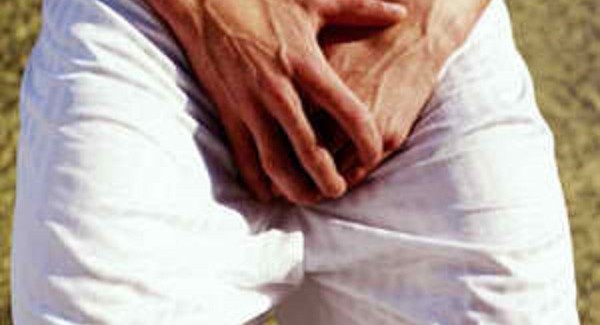
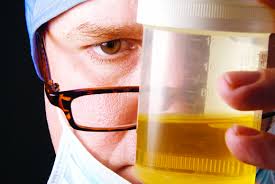
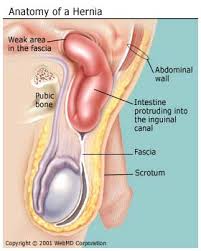
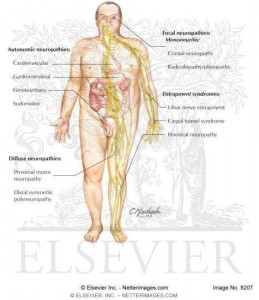
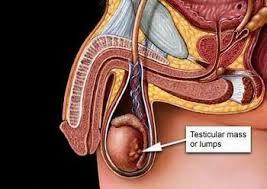
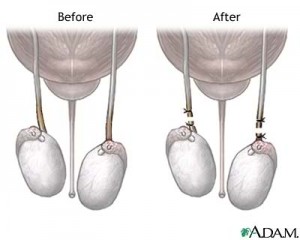
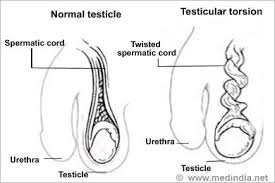
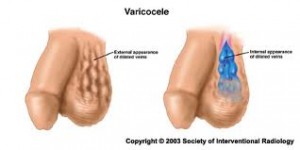
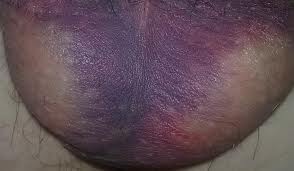
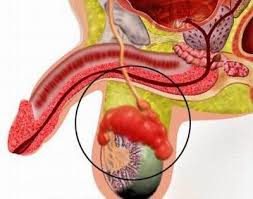





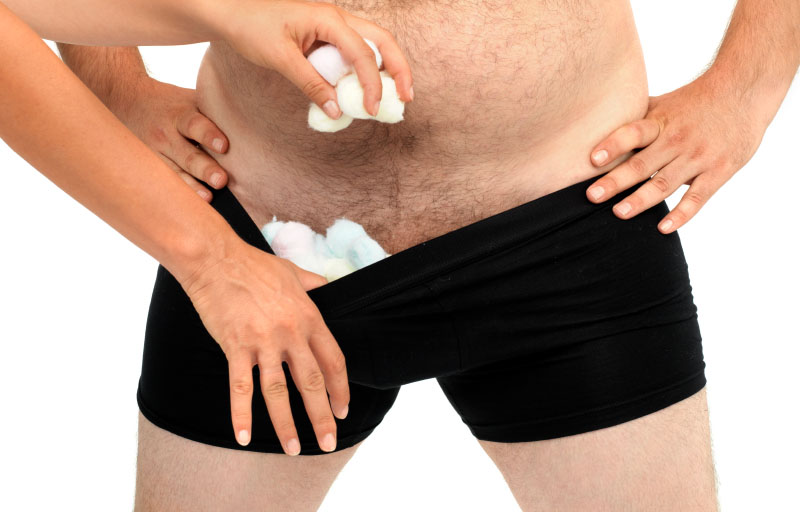







Submit a Comment